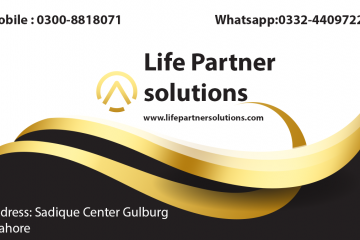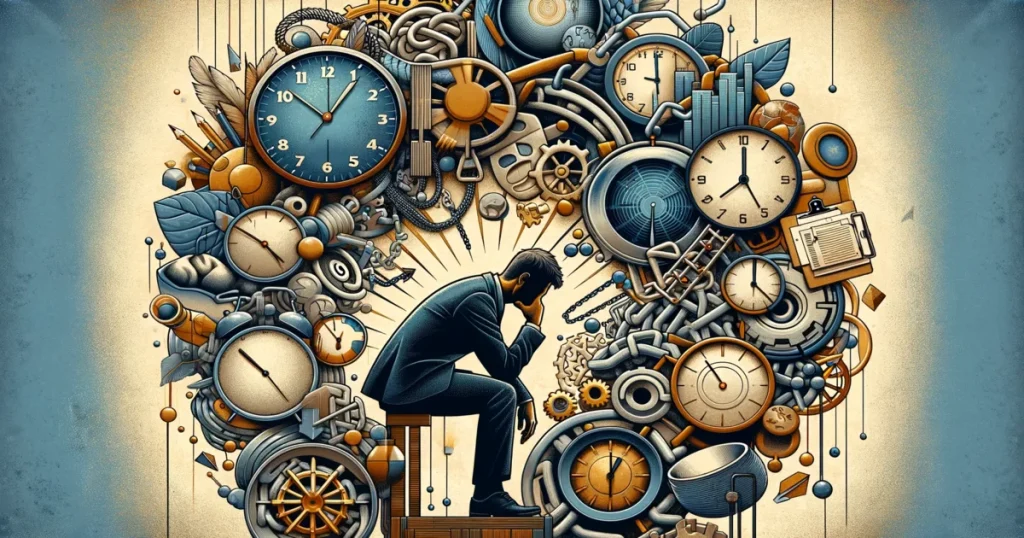

Hair loss and cultural expectations are intertwined, creating a complex web of challenges for individuals navigating their hair journeys. Societal pressure often dictates what is considered attractive and acceptable, placing immense expectations on how people should manage their hair loss. This article delves into the multifaceted relationship between hair loss, cultural norms, and the emotional toll it takes. It explores the various societal pressures, examining their impact on self-esteem and well-being. Furthermore, it provides actionable strategies to address these pressures. The structure of this article includes an in-depth look at cultural pressures tied to hair loss, followed by insights into practical coping strategies. We’ll also discuss seeking support and nurturing self-love as crucial components in this journey.
Understanding the Cultural Landscape of Hair Loss
Examining Societal Beauty Standards
Cultural norms often dictate perceived beauty standards, which can significantly influence how individuals view and manage hair loss. In some cultures, thick, luxurious hair is highly valued, while in others, there may be fewer overt pressures. This difference in cultural perspectives can affect individuals’ emotional responses and strategies for dealing with hair loss. For instance, the perceived ideal of hair fullness in some cultures can lead to feelings of inadequacy and low self-esteem among those experiencing thinning hair. The media often plays a significant role in reinforcing these cultural beauty standards, impacting self-perception and creating unnecessary stress. Additionally, the pressure to conform can lead to individuals seeking drastic measures to regain the perceived ideal, potentially harming their health and well-being. Ultimately, the interplay between cultural expectations and personal experiences can create complex challenges for individuals dealing with hair loss.
The Psychological Impact of Hair Loss
Exploring Emotional Responses
Hair loss can trigger a range of emotional responses, from anxiety and depression to feelings of inadequacy and shame. These emotional impacts are often amplified by the societal pressures surrounding hair loss. The fear of judgment, rejection, or discrimination can significantly affect a person’s self-esteem and social interactions. This can lead to isolation and withdrawal, making it more difficult to cope with the emotional burden of hair loss. Research consistently shows a strong correlation between hair loss and mental health issues, underscoring the importance of addressing the psychological impact alongside physical concerns. Understanding these psychological dimensions of hair loss is crucial for developing effective coping strategies.
Navigating Social Interactions
Social interactions become emotionally charged when dealing with hair loss in a culture that places high value on hair as a marker of beauty. Public perception and potential stigmatization can impact interactions with family, friends, and colleagues. For example, individuals may experience subtle or blatant negativity from those around them, which can lead to stress and anxiety. This can lead to feelings of isolation and the avoidance of social situations, further impacting mental well-being. Addressing the issue head-on and seeking support from friends and family is an important first step.
Seeking Professional Support
The Role of Dermatologists
Consulting a dermatologist is a crucial step in addressing hair loss. Dermatologists are medical professionals trained to diagnose and treat various types of hair loss, from simple to more complex issues. They can provide a proper diagnosis, rule out any underlying medical conditions, and recommend appropriate treatment options. A dermatologist can provide valuable insights into the potential causes of hair loss, offering personalized recommendations tailored to the specific needs of the patient. They can also help manage the emotional aspects of hair loss by providing reassurance and education about available treatments and management strategies. In addition, they can help patients understand the limitations of certain treatments, reducing unrealistic expectations.
The Role of Therapists
In addition to medical support, professional therapy can offer immense benefits for individuals experiencing hair loss and its associated emotional challenges. Therapists specializing in body image issues can help patients navigate the psychological impact of hair loss and cultural pressures. By providing a safe space for expressing feelings and concerns, therapy can help individuals develop coping mechanisms and strategies for self-acceptance. Furthermore, therapy can foster resilience and self-compassion, aiding in the journey of healing and self-discovery.
Embracing Self-Love and Self-Acceptance
Redefining Beauty
Moving beyond cultural pressures and embracing a more holistic definition of beauty is critical. This journey starts with recognizing that beauty encompasses more than outward appearances. By focusing on inner strengths, passions, and positive qualities, individuals can shift their perspective away from superficial judgments. Cultivating self-acceptance is an empowering process, allowing individuals to find genuine confidence independent of societal expectations. For example, celebrating personal achievements, hobbies, and relationships can enhance self-worth and foster a positive self-image. Recognizing individual differences and embracing personal uniqueness is pivotal in cultivating self-love.
Developing Healthy Coping Mechanisms
Developing healthy coping mechanisms for managing stress and anxiety associated with hair loss and cultural expectations is essential. These methods can include mindfulness exercises, stress reduction techniques, and self-care practices. Techniques such as meditation, yoga, or engaging in hobbies can create a sense of calm and balance. Identifying triggers and developing strategies to manage them are also important. This allows individuals to navigate challenges with greater resilience and a more positive outlook.
Practical Coping Strategies
Lifestyle Adjustments
Making lifestyle adjustments to support hair health can be beneficial. Maintaining a balanced diet rich in essential nutrients, managing stress levels through relaxation techniques, and ensuring sufficient sleep are key factors. Avoiding smoking, excessive alcohol consumption, and reducing stress are all helpful in promoting overall wellness. This approach considers the interconnectedness of physical and mental health. For example, integrating regular exercise into one’s routine promotes better circulation and stress reduction. This, in turn, can contribute to stronger hair follicles and overall well-being.
Exploring Hair Loss Solutions
Understanding various hair loss solutions, ranging from medical treatments to alternative methods, can give individuals greater control over their hair journey. Discussing treatment options with a dermatologist can aid in making informed decisions and developing a personalized approach. Exploring alternative remedies, such as specific dietary supplements, is also an option but should be discussed with a healthcare professional. This aspect emphasizes the importance of individual needs and preferences when choosing the best approach.
[“What are the long-term effects of societal pressures on individuals experiencing hair loss?”, “What are some practical steps I can take to manage the emotional impact of hair loss?”, “How can I cultivate self-love and self-acceptance when dealing with hair loss and societal pressures?”, “What are some alternative hair loss solutions besides traditional medical treatments?” ]
In conclusion, navigating hair loss and cultural expectations requires a nuanced approach. Understanding the societal pressures surrounding hair loss is the first step in finding solutions that work for you. Accepting your hair journey, seeking professional support, and fostering self-love are pivotal components. This article provided a comprehensive overview of the challenges, and hopefully now you have a clearer pathway forward. For further personalized guidance and support, consider scheduling a consultation with a dermatologist or therapist specializing in body image issues. They can offer tailored advice and strategies for dealing with the emotional aspects of hair loss.